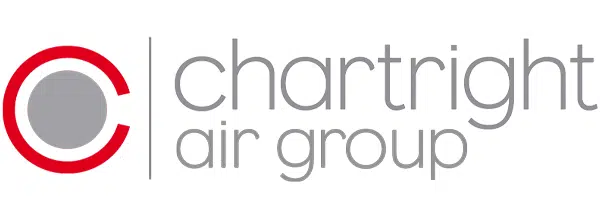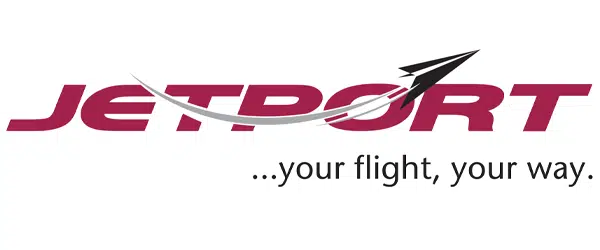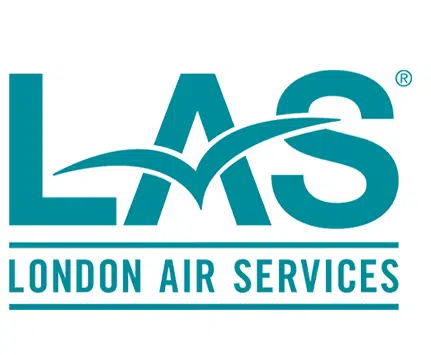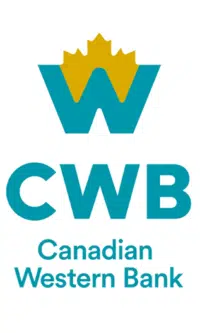Travel Industry Act Review Response
August 2, 2017
Dear Sirs:
We apologize for not having met your July 24, 2017, requested deadline for commentary on the Phase II repo1t of your review of the Travel Industry Act.
In our original submission of February 13, 2017, we indicated our concern that the review should focus on the virtual disappearance of the business models in the industry that existed at the time of the original enactment in 1975. While some regard has been made to those changes, the emphasis still continues on the “bricks and m0rtar” operators in Ontario formerly designated as retail travel agents and tour operators.
It would appear that in an attempt to cover some of the new significant travel operations focused on Ontario consumers, that the proposal contains attempts to impose legislation on an extra territorial basis. The obvious example is trying to enforce the Ontario advertising requirements on operations conducted solely outside the province, but are available through electronic means to consumers in Ontario. In our practise, we are spending time with various electronic platforms whose operations are totally outside the province of Ontario. We are therefore providing constant opinions that these operations are not required to be registrants under the Ontario legislation. These electronic platforms can either be devoted to Ontario consumers, or they can be platforms providing links to travel suppliers in other jurisdictions, where the Ontario travel registrant would either not have access to that suppliers product, or would only have direct access at a higher price than can be provided to them by the indirect supplier located out of Canada.
How can TICO possibly enforce its regulatory standards on these outside jurisdiction operators? Regulations 34 and 38, for instance, were totally created for the delivery of travel product by “mom and pop” travel retailers down the street from the Ontario consumer. They and numerous other regulations are totally impossible from a compliance standpoint by these new electronic platforms. We appreciate the review has detailed a number of other jurisdictions where similar extra territorial legislation has been enacted. However, we would submit that an extra territorial supplier is more likely to register in jurisdictions such as California, based on volume, then it is likely to comply with less significant volume jurisdictions such as Ontario. We would suggest that these compliances by travel suppliers outside of those jurisdictions is being done strictly on a voluntary basis to reflect being a good corporate citizen, rather than on any legal justification.
We agree with several of the recommendations such as classes of registrants, financial repo1ting, trust accounting, etc., and we significantly applaud our long standing point that the Compensation Fund should be funded on a “buck a bum” basis. However, we still stand by our initial concern that the proposals only marginally moves the regulations from the 1975 business model to the current, and eve1y expanding electronic models being utilized in the industry.
A good example of the lack of recognition of current business models is the proposal that gift card sellers would be exempt from registration requirements. The exemption of the sellers is not the industry question. The issuers of the gift cards also need to be exempt, as gift cards are financial instruments and not a travel instrument, even if they are issued wholly for use at a travel establishment. There are more than significant protections in all provincial prepaid purchase legislations, and as well, in the federal Financial Consumer Agency of Canada various legislative mandates regarding prepaid services.
Gift cards, even when issued on behalf of a travel establishment (eg. hotel chains) can be utilized for numerous services, most of which do not fall under the “travel services” definition in the legislation. In addition, numerous other non-specific merchant gift cards can be utilized partially for travel se1vices as compared to those that are marketed with a travel se1vice focus. And needless to say, gift cards are incapable of complying with nearly all of the regulatory requirements spelled out in the present Regulations, including those detailed above.
While as stated previously, we applaud some of the changes being made as being significant advances for the constituent travel industry located in this province, attempts at legislating the significant and increasing extent of travel being conducted on behalf of Ontario consumers, outside of this jurisdiction, will be subject to, in our opinion, successful court challenges. In the alternative, should TICO attempt to exercise extra territorial legislation, it will only result in these modernized travel industry distribution methods being withdrawn from the Ontario marketplace, to the detriment of Ontario travel consumers.
Yours truly,
William F. Clark































